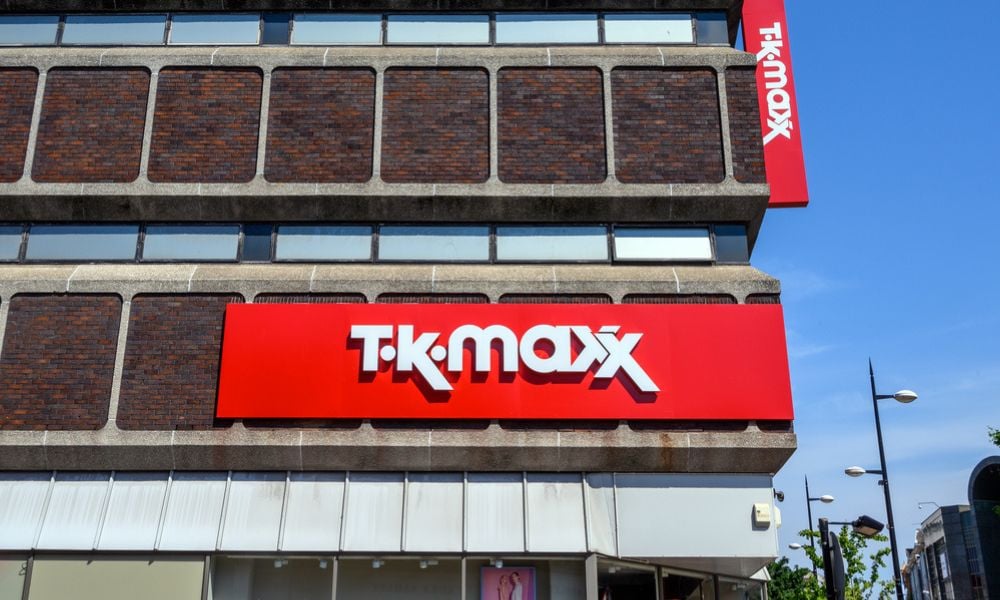While reward and recognition programs are typically grouped together, standalone programs can provide much greater benefits
While most organisations understand how powerful recognition can be, many simply reward the right behaviours instead of recognising them.
“We know that many organisations still invest significantly more time, effort and money on rewarding the right behaviours than they do recognising them,” said Jeremy Salter, employee solutions lead at Grass Roots.
In most firms, the levels of recognition activity are dependent on reward budgets, he said.
Luckily this situation is changing. In certain organisations, the focus has shifted to standalone employee recognition with new technology and a new generation of staff driving this change in mindset.
The best approach to make is to keep recognition separate from rewards, Salter said.
“We’ve found that what matters most is not if both are present; rather, what matters most is the relationship that exists between them.”
Reward and recognition should be separated and, over time, the organisation should then reduce its reliance on reward, Salter said.
This helps maintain employee engagement, particularly with the shift towards ‘entitlement cultures’ where workers require an almost positive flow of positive reinforcement.
For those looking to create a real culture of recognition at work, HRD suggests the following four approaches:
The problem with employee incentive programs
Is it time for a benefits review?
Time to throw out the recognition rulebook?
“We know that many organisations still invest significantly more time, effort and money on rewarding the right behaviours than they do recognising them,” said Jeremy Salter, employee solutions lead at Grass Roots.
In most firms, the levels of recognition activity are dependent on reward budgets, he said.
Luckily this situation is changing. In certain organisations, the focus has shifted to standalone employee recognition with new technology and a new generation of staff driving this change in mindset.
The best approach to make is to keep recognition separate from rewards, Salter said.
“We’ve found that what matters most is not if both are present; rather, what matters most is the relationship that exists between them.”
Reward and recognition should be separated and, over time, the organisation should then reduce its reliance on reward, Salter said.
This helps maintain employee engagement, particularly with the shift towards ‘entitlement cultures’ where workers require an almost positive flow of positive reinforcement.
For those looking to create a real culture of recognition at work, HRD suggests the following four approaches:
- Recognise in the context of a larger business goal or activity
- Recognise in the moment as staff perform exemplary work
- Be authentic when recognising staff and stay away from automated programs
- Tie the recognition to the employee’s individual perception of value
The problem with employee incentive programs
Is it time for a benefits review?
Time to throw out the recognition rulebook?





